What can an audiophile do when the music starts to fade?
As an audiophile, I’ve always been proud of my ability to notice the smallest details in music and enjoy the best sound quality.
But now, I’m facing a scary reality: hearing loss.
It’s the one thing I never wanted to admit – the most frightening thing that could happen to an audiophile.
How I Fell in Love With Music
My love of high-end audio started in the spring of 1994 when I was just 16 years old.
I walked into my friend’s house and saw his father’s amazing audiophile setup with a shiny McIntosh amplifier and speakers that towered over me.
He noticed my curiosity and eagerly played a sample to show how it works with different songs.
But one thing I can’t forget was how “Hotel California” by The Eagles sounded.
From that point on, I was hooked.
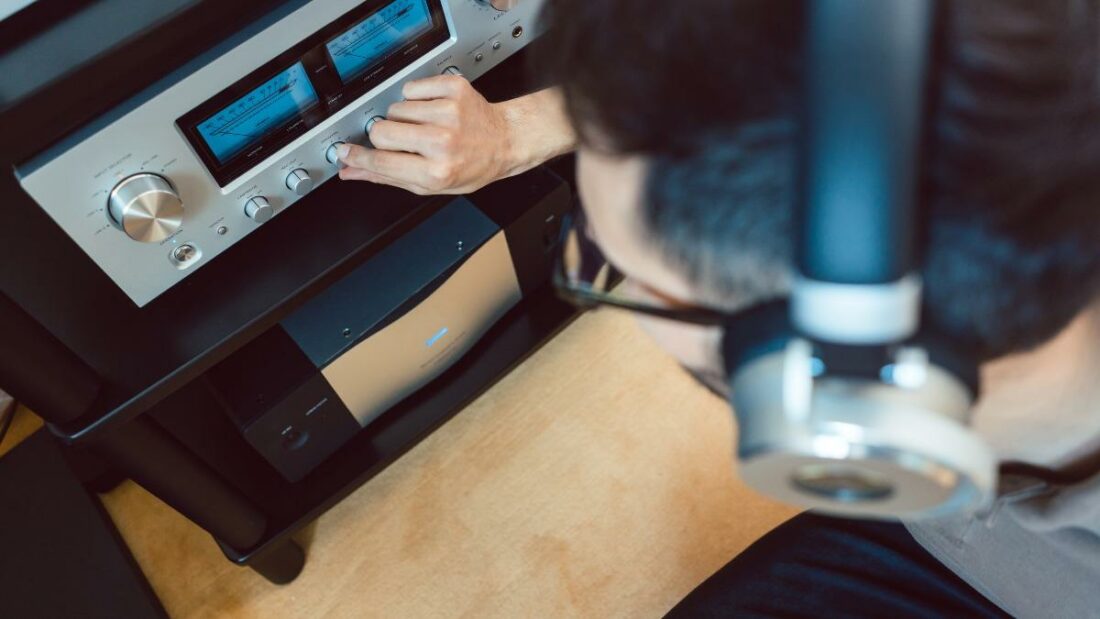
I spent every dollar I could save on building my own setup, starting with beginner headphones and bookshelf speakers. Of course, it didn’t sound nearly as good as my friend’s dad’s setup. But I always found the time and resources to test and upgrade to try to get that perfect sound.
Growing up in a family of musicians only made my passion stronger. They understood my search for the best sound, so they fully supported me in my hobby.
And, as I got older and had more money, my audio gear collection grew, too. I moved up to advanced tower speakers, high-quality amplifiers, and headphone systems.
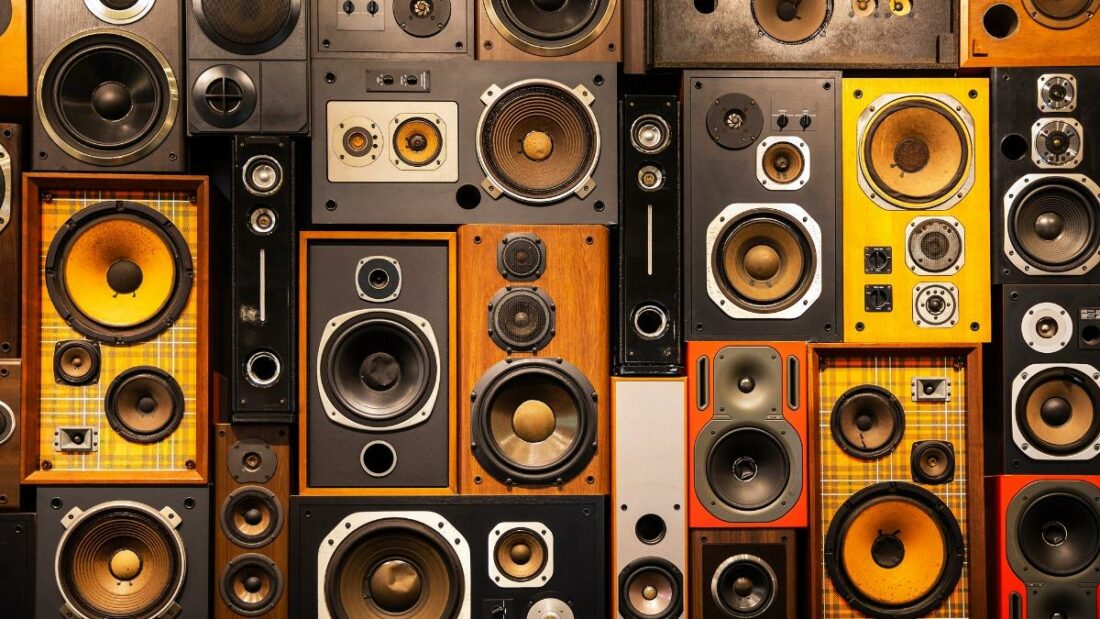
I became obsessed with making every part of my listening experience the best it could be. This included my room acoustics and even the quality of the recordings I listened to.
The Audiophile Nightmare Comes to Life
I listen to music for hours almost every day with my different equipment. I don’t think a day ever went by when I didn’t pop my headphones on to listen to my chosen album or artist of the day.
Then, in my late 30s, the unthinkable happened.
It started with a constant ringing in my ears after a particularly loud rock concert.
At first, I denied it. I told myself it had to be temporary. But days turned into weeks, and the ringing never went away.
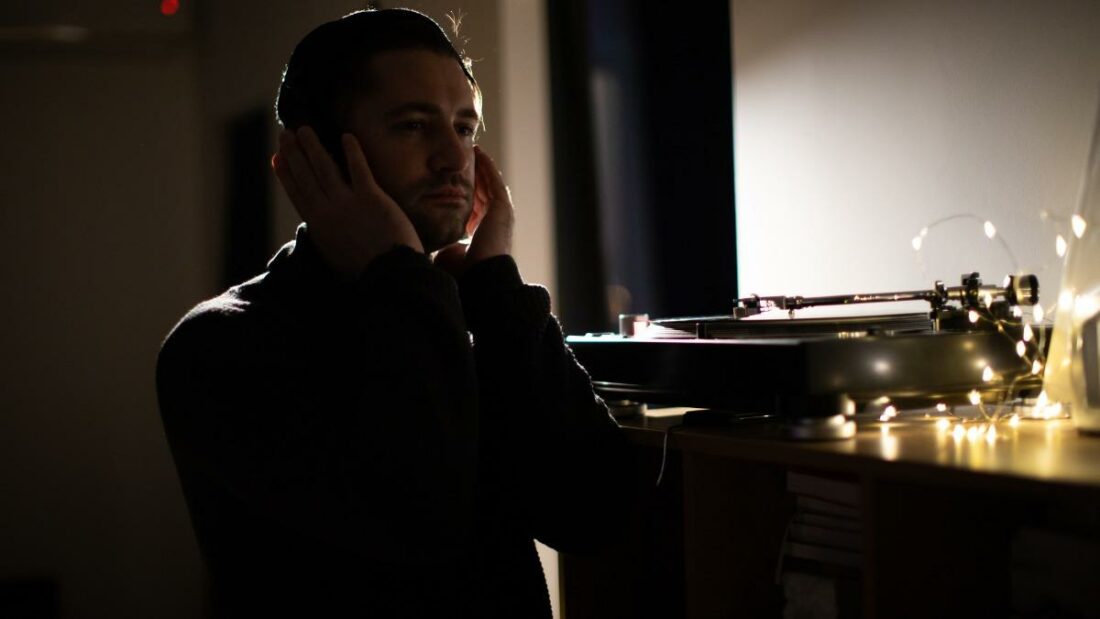
I then found myself turning up the volume higher and higher, all to try to get the clarity that seemed to be fading away.
I couldn’t ignore the signs anymore.
But the real moment of truth came when I realized I could no longer hear the small details I once loved. The sharp strumming of a guitar, the smooth flow of the bass, or the delicate harmonies that used to give me chills, just stopped being as effective.
It was as if a curtain had been put over my speakers. The magic that had once been so clear was now harder to hear.
Visits to audiologists proved my worst fears: I have high-frequency hearing loss and tinnitus.
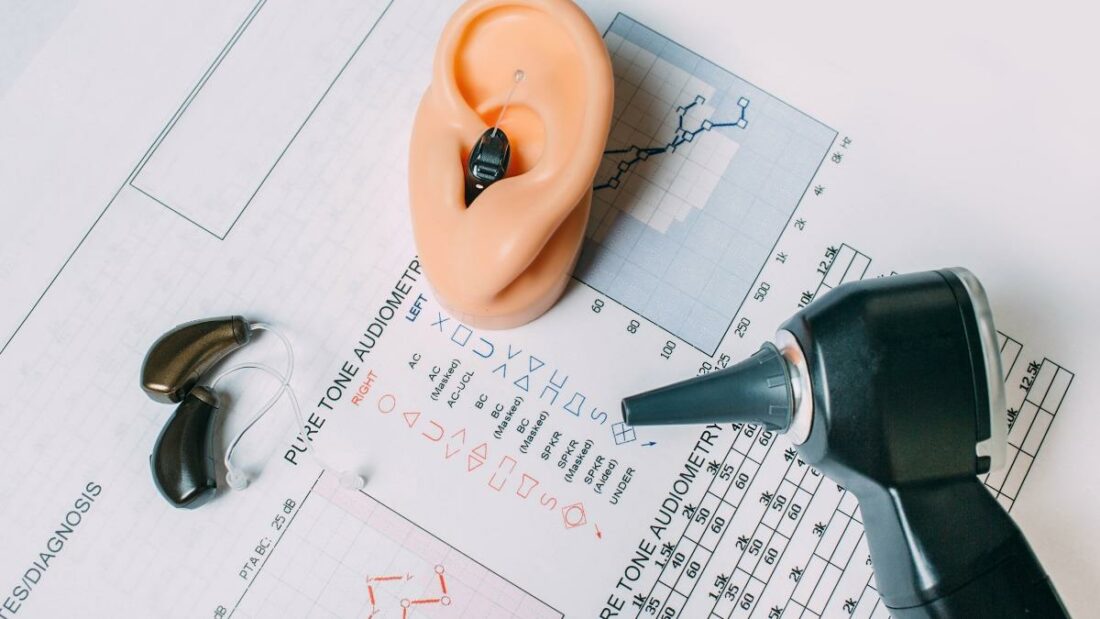
The news hit me hard. I was sad not just about my hearing getting worse but about losing my identity as an audiophile.
Music was more than a hobby. It was a basic part of who I was. It was tied to my deepest joys and my way of interacting with the world. So, understanding that even with hearing aids, I might never again experience music with the same level of detail was emotionally crushing.
As I learned more about hearing loss, I found the shocking link between untreated hearing loss and a higher risk of mental decline, dementia, and social isolation.
It was a wake-up call.
I put so much passion into making our audio setups perfect, but how often did I stop to think about how fragile the sense is that lets me enjoy them?
Living with Hearing Loss
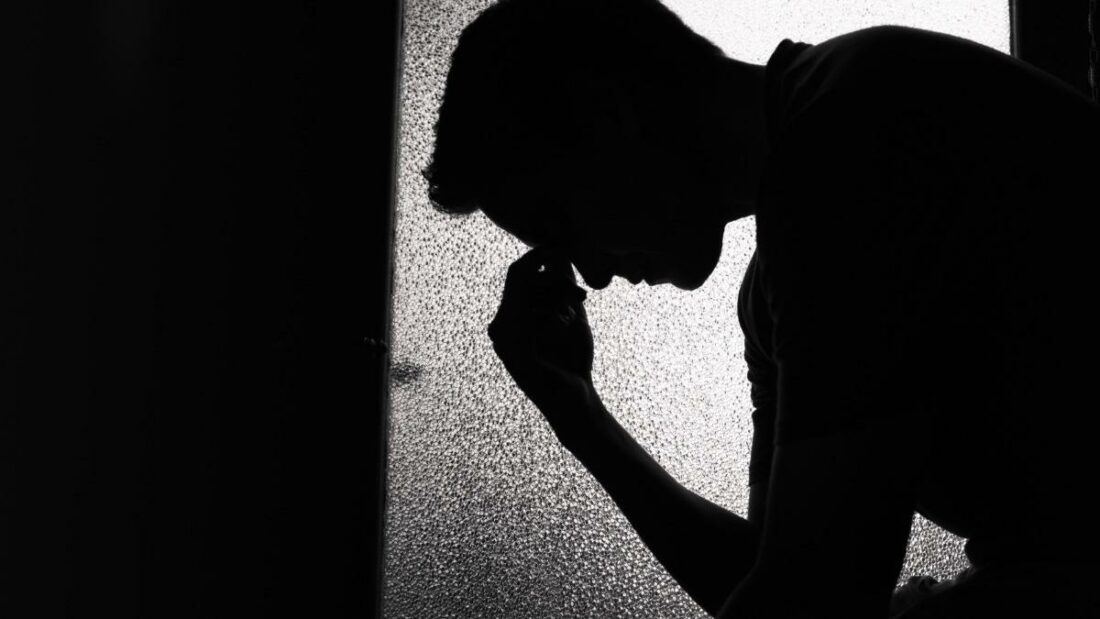
At first, I found myself staying away from my music room. I was unable to face the collection of records and equipment that just seemed to mock my condition.
But one moment brought back my passion for audiophilia.
This came during a time when my wife wanted to test a new pair of headphones and wanted my input. I didn’t want to, but I thought it wouldn’t hurt. So I tried them on with Beethoven’s Ninth Symphony.
When the choir came in during the final movement, the rush of voices was so beautifully captured that it brought tears to my eyes. It was different, yes, but it was still deeply moving.
This experience showed me that while my hearing was damaged, my ability to enjoy and appreciate music was still there.
After that, I began to learn that hearing loss didn’t have to mean the end of my passion.
I started working closely with an audiologist to adjust my hearing aids just right. We mapped out my specific hearing problems to make my listening experience the best it could be.
Modern hearing aids, with their ability to be customized for individual needs, were literal lifesavers. They’re not perfect, but they’re a way back to the music I loved.
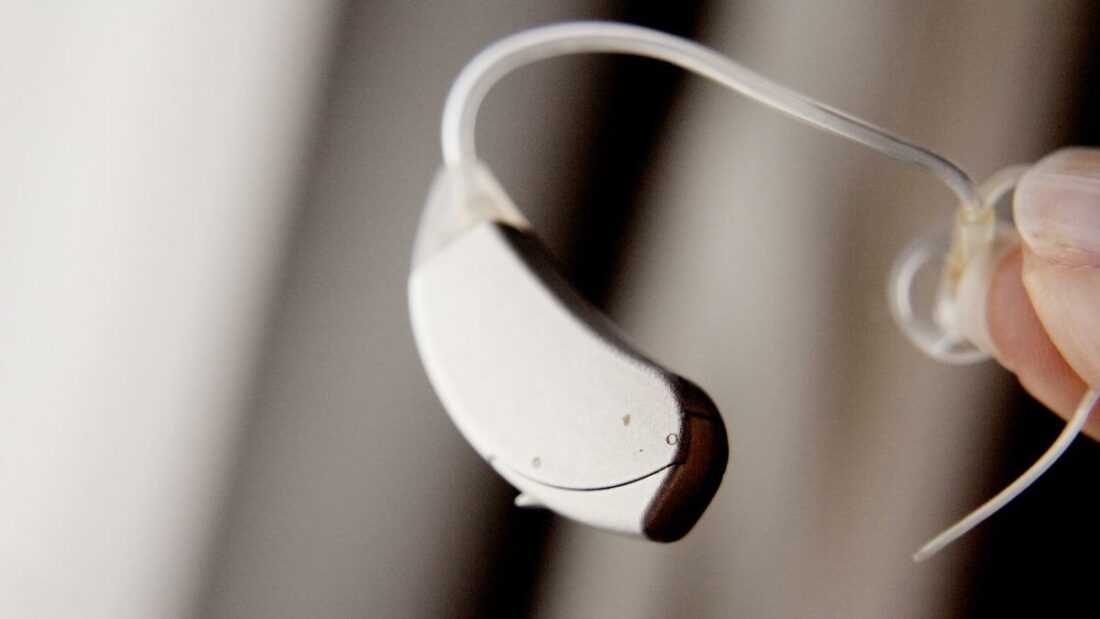
I also changed my listening habits. I learned to enjoy music at lower volumes and focused more closely on the small things I could still hear. This was hard at first, but I found that with high-quality recordings, the sound could still be very satisfying.
For example, I listened to Miles Davis’s “Kind of Blue” at a lower volume. I became more aware of where the instruments were placed, the breathy texture of the trumpet, and the small brushstrokes on the drums.
I also started scheduling my listening sessions. I made sure I had quiet, uninterrupted time to really focus on the music without needing to turn up the volume.
To protect the hearing I have left, sound-level apps on my phone became my companion. I used them to keep track of noise levels, especially at live events. I also became very careful about wearing ear protection at concerts, which was something I had often ignored when I was younger.
My Path Forward
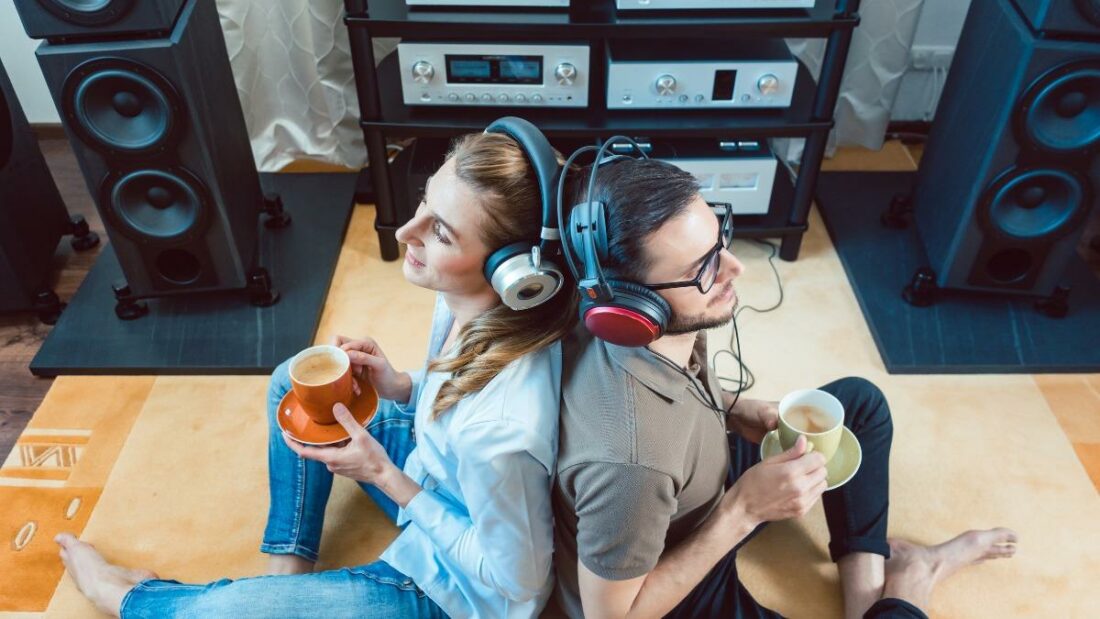
One of the most unexpected challenges I faced was the shame around hearing loss within our own community.
There’s a certain “manliness” that sometimes comes with being an audiophile—an unspoken belief that admitting to hearing loss is a sign of weakness or a lessening of one’s “audiophile cred.”
But as more of us begin to deal with this issue, I believe it’s very important that we work to get rid of this shame and support one another.
Imagine a future where mainstream hi-fi hearing aids are real. Imagine our community coming together around accessible, high-quality solutions for those of us facing hearing loss.
It’s time for us to start having open, honest conversations about hearing health. We need to share our stories and plans and redefine what it means to be an audiophile in the face of this challenge.
To my fellow audiophiles, I urge you to value and protect your hearing. Take breaks and keep the volume at reasonable levels. Never be ashamed to use hearing protection.
And if hearing loss does come knocking, know that it doesn’t have to be the end of your love of music. With little changes here and there and a lot of determination, you can still find great joy in music.
In the end, being an audiophile is about more than just perfect hearing. It’s about the never-ending passion for music that drives us to look for the best possible listening experiences, no matter what gets in the way.
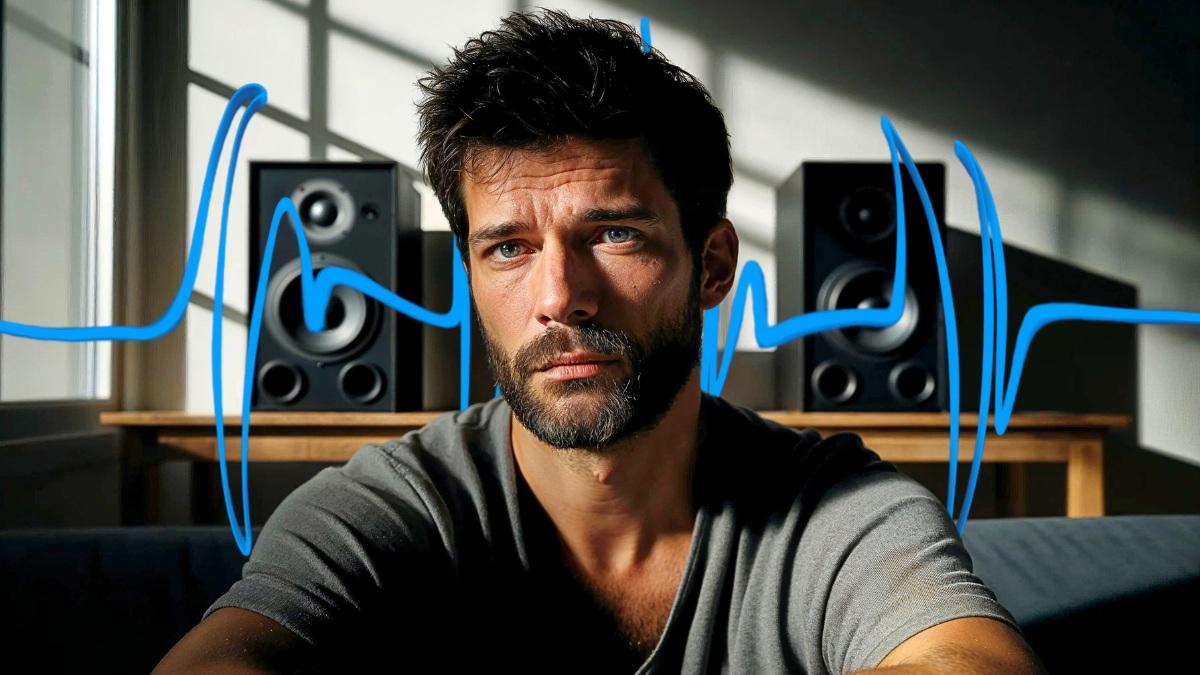
Loved the article. I went through the same thing, and felt the same way